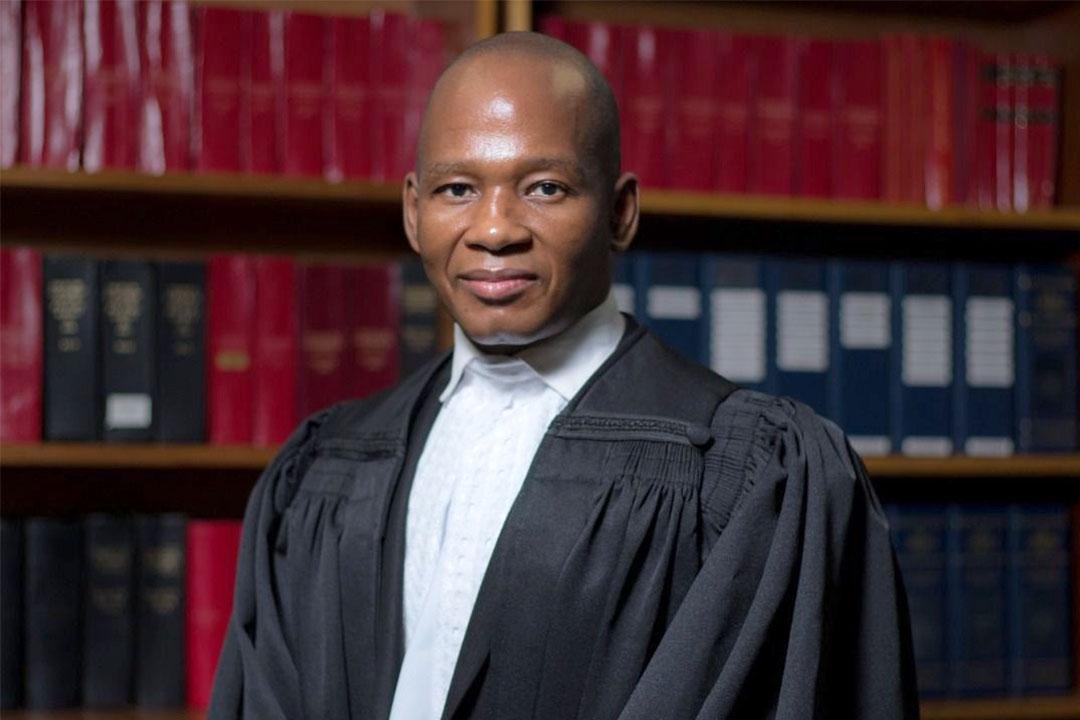Africa-Press – Eswatini. The Attorney General (AG), Chief Sifiso Mashampu Khumalo, has reaffirmed that Members of Parliament (MPs) have the constitutional right to debate freely in Parliament without fear of external interference.
Khumalo made the remarks in the House of Assembly while providing legal clarity on the scope of parliamentary privilege, following recent tensions between the Judicial Service Commission (JSC) and Hhukwini MP Alec Lushaba.
The AG’s advice came after the JSC issued a public warning to Lushaba, cautioning him to desist from making remarks deemed insulting towards its members, or risk facing contempt proceedings.
In his statement, Khumalo emphasised that MPs’ comments made during parliamentary debates fall within the protected context of parliamentary language and are therefore shielded by privilege.
“Honourable Members have the right to speak freely in the House,” Khumalo said. “It is the duty of Parliament to exercise oversight and demand accountability from the Executive.”
He explained that such exchanges, even when robust or critical, form a legitimate part of parliamentary work and must not be misinterpreted as acts of disrespect or personal attack outside the legislative process.
Parliament’s Oversight Role
Khumalo further clarified that in the specific matter involving MP Lushaba, the Legislature was carrying out its constitutional function of seeking accountability from the Minister of Justice and Constitutional Affairs, Prince Simelane, who is part of the Executive arm of government.
“In this instance, the Legislature was fulfilling its duty to demand explanations from the responsible Minister,” the AG said. “What took place was a routine exercise of Parliament’s oversight responsibility.”
The Attorney General’s intervention has been widely viewed as an effort to reinforce the separation of powers and the independence of Parliament. His remarks serve as a reminder that MPs, in the course of their legislative duties, must be able to engage in open debate without undue restraint — provided they do so within the confines of parliamentary procedure and decorum.
Observers note that this clarification could ease recent tensions between Parliament and the judiciary, while reasserting the constitutional principle that Parliament must remain a space for free and honest debate on matters of national concern.
For More News And Analysis About Eswatini Follow Africa-Press







